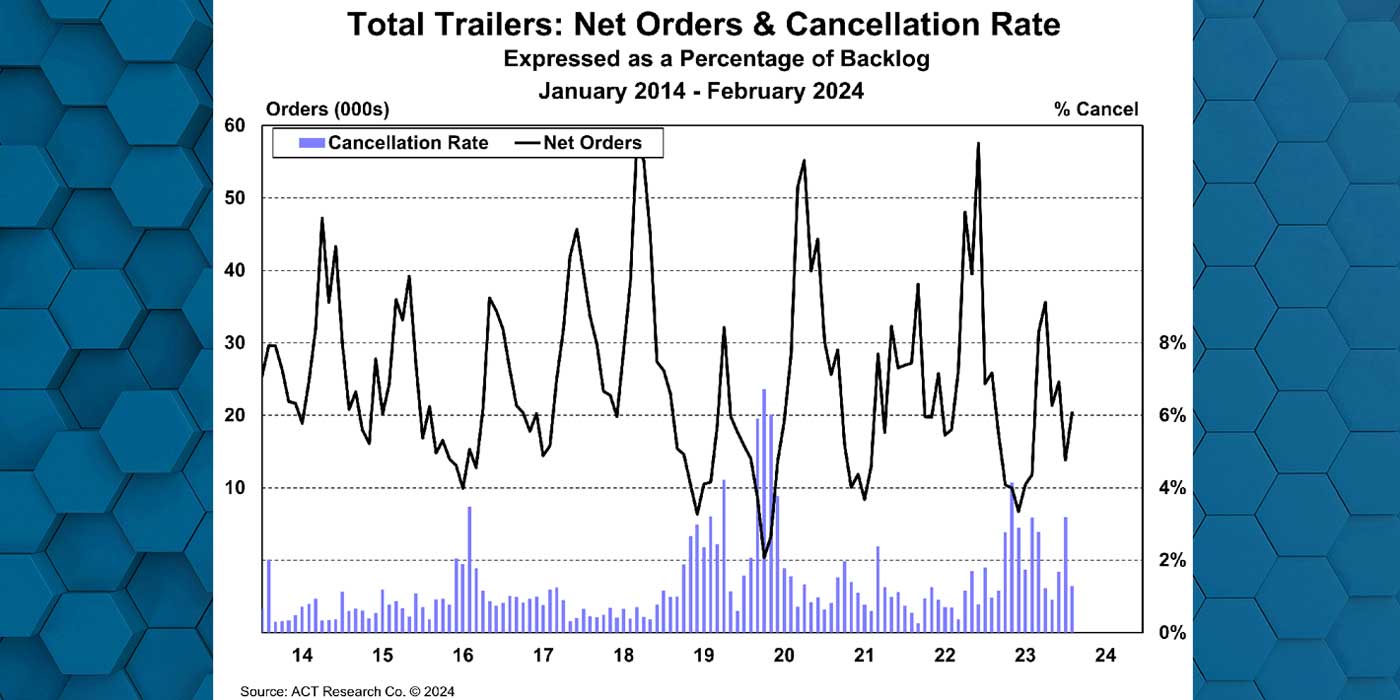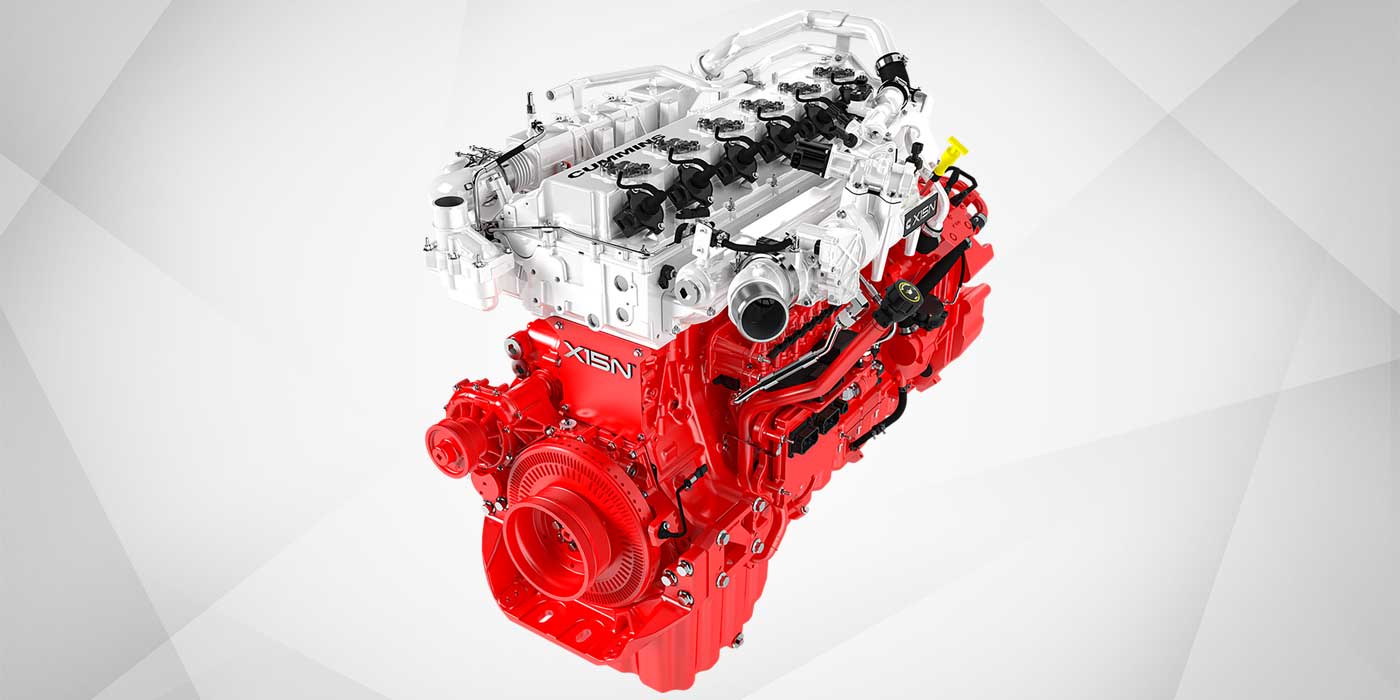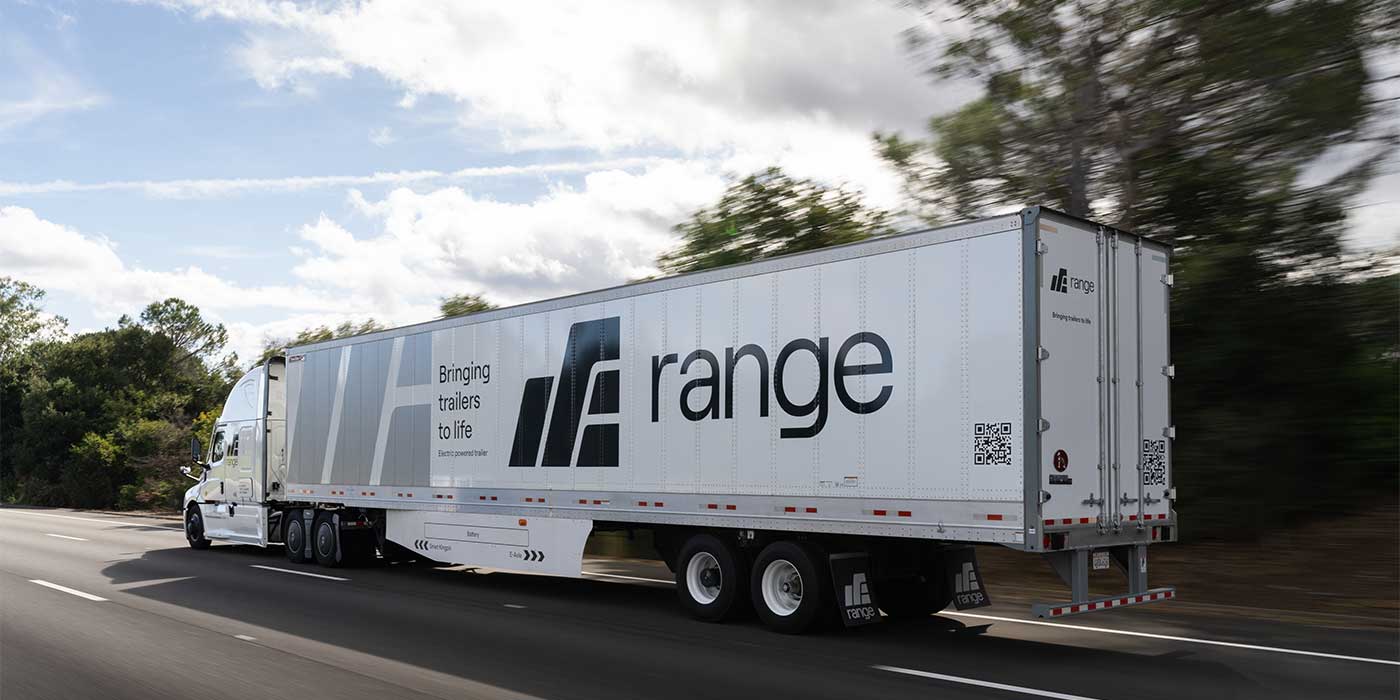Safety is important to the transportation industry and CSA continues to be a hot topic. However, motor carriers, drivers, transportation industry organizations and congress continue to challenge both the integrity of CSA data received from roadside inspections and how it is being measured. Of course, FMCSA uses this data for prioritizing interventions, but the transportation industry questions the other uses of the data. In many instances, the data does not portray an accurate picture of the motor carrier’s record and shippers, insurers and courts are using this data to support decisions made about them, leading to lost income and lost wages.
Many industry organizations are asking FMCSA to keep motor carrier scores from public view as they deem the data is unreliable and five of the BASIC scores in CSA are in public view. In opposition are safety advocates who find it important to have access to this information to monitor poor performing motor carriers. While it is beneficial to have public access of safety information data, its integrity is paramount and can be the difference between a thriving business and one that is forced to close its doors.
Even though the crash indicator BASIC scores are not public, they factor into the motor carrier scores and are visible to both law enforcement and the motor carrier. The concern over how FMCSA reports and calculates crash data is growing.
It has been cited in discussions that crash “exposure” (high traffic vs. low traffic) should be taken into account along with vehicle miles traveled (VMT) when determining the crash indicator BASIC score, as high traffic areas such as major metro areas have a greater crash risk than rural areas. And while crash ‘fault’ or ‘preventability’ is not accounted for in BASIC, the information needed to determine fault is readily available in 9 out of 10 police accident reports, and a recent FMCSA study concluded that adding preventability determination would be too time-consuming and expensive, and would not improve the agency’s ability to identify carriers most at risk for future crashes. Currently, the BASIC score includes crashes that are assigned to the Motor Carrier US DOT #, even though the driver or equipment may not have been at fault and FMCSA considers preventability only during a compliance review with regard to the motor carrier’s safety rating.
The data that comprises the CSA BASIC scores follows the motor carrier’s US DOT # for a rolling two year period and all violations and crashes are recorded on the driver’s Pre-Employment Screening Program (PSP) report and follow the driver for a rolling three year period for violations and a five year period for crashes. Since PSP reports are used by many motor carriers as a screening tool for driver applicants, it is essential that information contained therein is accurate. To insure data accuracy, both the motor carrier and drivers must review their CSA and PSP monthly. If incorrect violations are charged, they can request a FMCSA DataQ review online. DataQ was formed by the FMCSA so motor carriers and drivers may dispute inspection violation and crash data that they deem incomplete or incorrect. DataQ automatically forwards the Request for Data Review (RDR) to the appropriate office for resolution and gathers updates and responses. If, in fact, the violation or crash data was recorded incorrectly, the driver or motor carrier will be notified and the entry will be removed on the following update. For example, if an incorrect US DOT # was entered while logging a maintenance violation, that violation would be corrected.
While there are ways to correct inaccurate information, drivers and carriers must be vigilant about monitoring their monthly scores and annual updates of VMT. DataQ should be used as necessary to ensure any incorrect roadside inspection violations are revised in a timely manner to keep information current and accurate.
It is important that motor carriers foster a culture of safety and compliance within their company by learning and understanding FMCSA regulations, disposing of older, maintenance intensive equipment and specifying new equipment with the latest technologies and safety features, as well as training drivers to use the equipment properly and rewarding those with impeccable safety records. Doing so will improve driver retention and satisfaction and overall highway safety—saving lives, time and money.
About the author
Sandy Rosenfeld has more than 25 years of experience in private fleet management. Sandy is a Certified Transportation Professional and an expert on Department of Transportation (DOT) regulations and Compliance Safety Accountability (CSA) compliance. In addition, she adds a customer-based perspective to fleet management analytical reporting, one of the foundations of Fleet Advantage’s lifecycle management philosophy. For more information visit www.FleetAdvantage.net.














